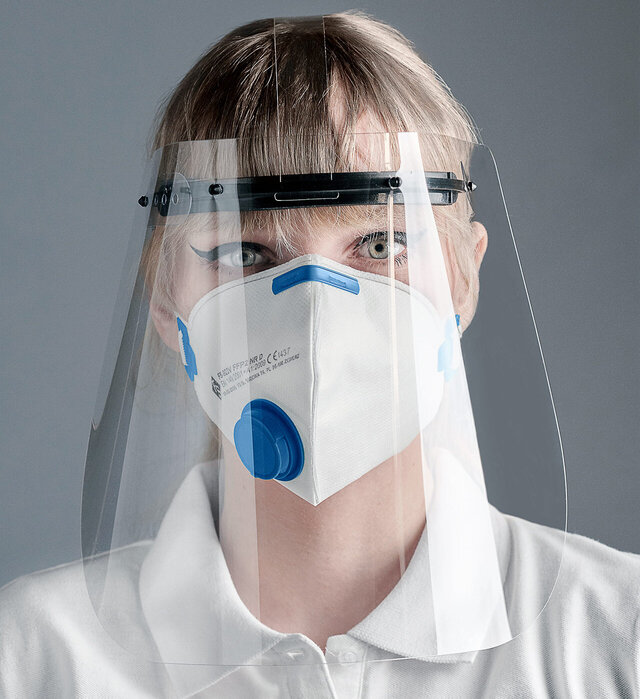Innovative response
The Danish parliament has made a number of adaptations to their parliamentary activity (see: Response to ECPRD request 4354, Adjustment of Parliamentary activity to Covid-19 outbreak, 20 March 2020).
The Danish government has recommended that no more than ten people assemble in Denmark. In light of that fact, the Speaker of the Danish Parliament has made the following decisions with regard to voting in the Danish
Parliament:
• When a call to vote in the Chamber is played on the loudspeaker, the Members of Parliament are asked to form a queue in front of the Chamber, keeping a distance of two metres from each other.
• The queue will span the length of Vandrehallen, the long hall connecting the Chamber to Landstingssalen, the old Chamber.
• The politicians who are already in the Chamber will vote first. Once they have pushed the voting button they must leave the Chamber, and then the remaining politicians will be let in, ten at a time, to cast their vote.
The Speaker also
Specific issues addressed and anticipated impact
It is important for parliaments to meet to scrutinise and pass vital legislation. This will enable them to do that whilst minimising the risk of transmission of the disease.
Organisations/institutions involved
Danish Parliament
https://commonslibrary.parliament.uk/research-briefings/cbp-8874/
- National/Federal government
Issues being addressed:
- Governance responses
- Public service delivery under new circumstances
Response tags:
Adaptive ActionDate Submitted:
28 April 2020

